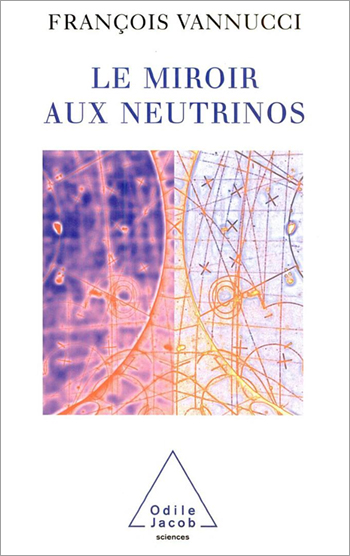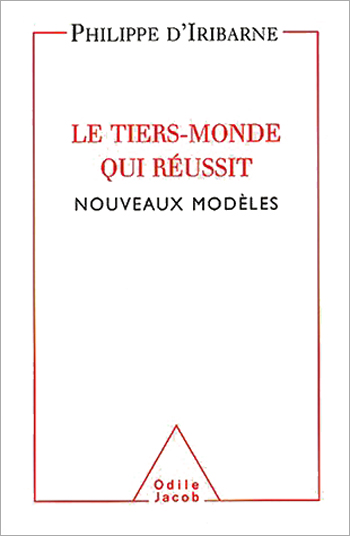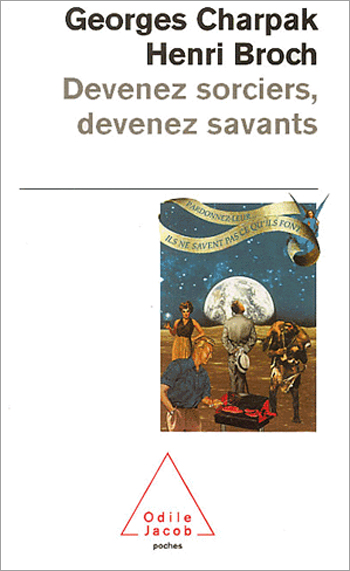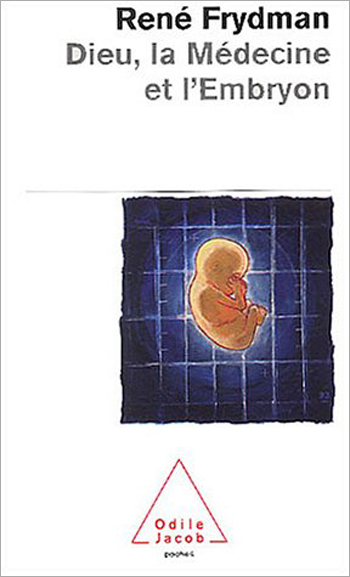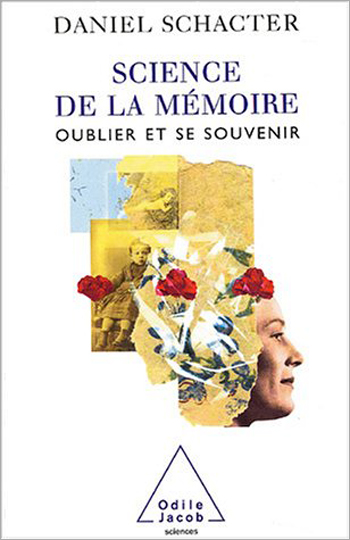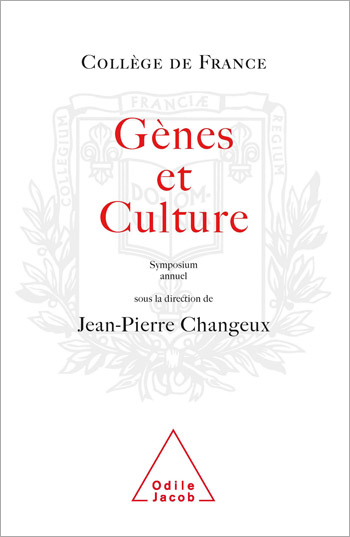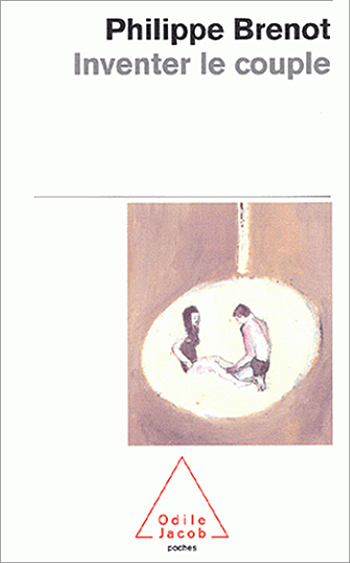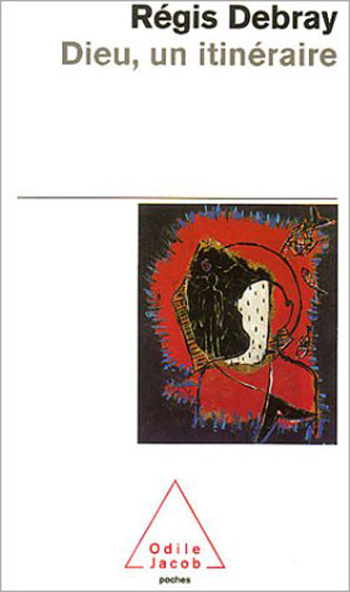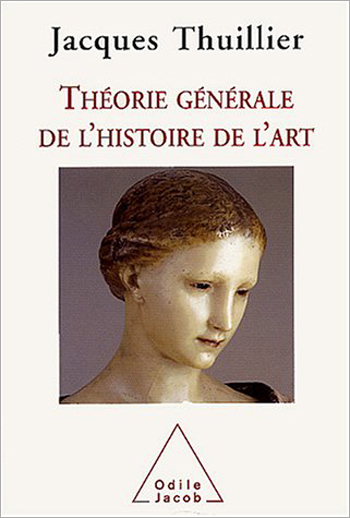Catalog All books
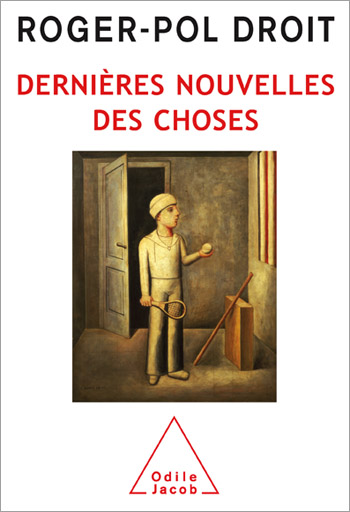
Roger-Pol Droit
Recent News of Ordinary Objects
"Can you learn anything from ordinary objects the things you use in your daily life? The answer is: yes, more than you can imagine. During the course of one year, I assigned myself a sort of adventure: I kept a diary of my encounter with objects, and I suggest you do the same. Briefly, my goal was to try to find the words that are hidden inside objects, to discover the questions that lie at the heart of things. My journey took place in four stages: surprise, groping, panicking, feeling soothed. This experience, touched with humour and a hint of folly, also follows the itinerary of an unexpected spiritual journey," Roger-Pol Droit is a research fellow at the Centre National de la Recherche Scientifique
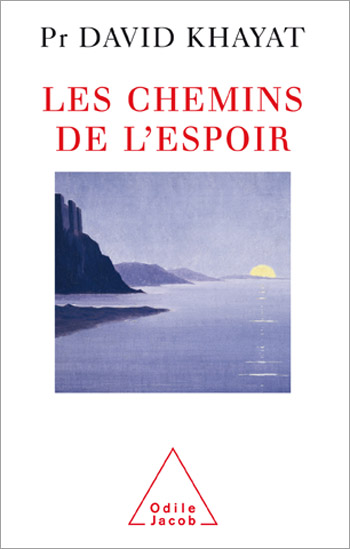
David Khayat
The Paths of Hope
The progress made in cancer research and the advances in therapeutics have become such that they open before us, without any doubt, marvellous paths towards hope. It is these paths that I suggest we discover together. David Khayat David Khayat is a professor at the Pierre-et-Marie-Curie University and the head of the cancer team at the La Pitié-Salpêtrière Hospital.
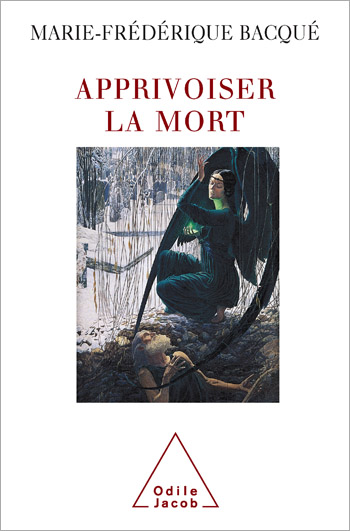
Marie-Frédérique Bacqué
Coping with Death
Marie-Frédérique Bacqué, a psychologist, is a lecturer at the University of Lille and the vice president of the Society of Thanatology.
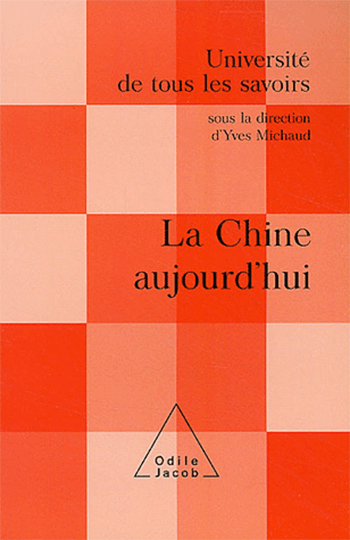
Yves Michaud
China Today Volume 8
China is a nation at the crossroads of tradition and modernity. In this previously unpublished volume in the series "lUniversité de tous les savoirs", the authors review the present-day situation and ask the following questions: How should Chinas current political system be defined? What is Chinas position in the world today? What are the different aspects of cultural and intellectual life in China? This is a novel approach to a history of contemporary China. Contributions by Marie-Claire Bergère, Michel Bonnin, Charles Chauderlot, Anne Cheng, Yves Chevrier, Jean-Luc Domenach, Françoise Ged, François Godement, Wang Shaoqi, Joël Thoraval, Léon Vandermeersch, Chu Xiao-Quan.
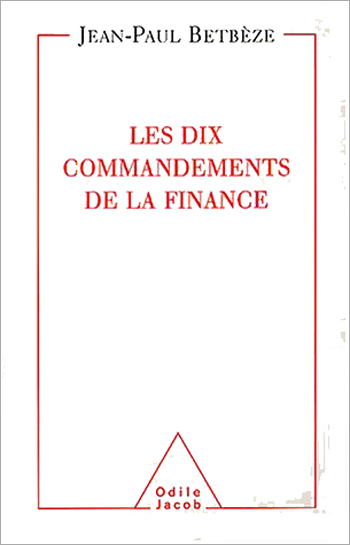
Jean-Paul Betbèze
The Ten Commandments of Finance
Contemporary finance is driven by a quest for a high rate of profitability. According to Jean-Paul Betbèze, this quest is ruled by ten commandments, ranging from "Thou shalt always seek a 15% return on Equity" to "Thou shalt not allow the whole system to explode". He examines how this has upset the old form of capitalism, and in his lively, clear style, the author recounts the unprecedented changes that are now taking place and that will determine our future. Jean-Paul Betbèze teaches at the University of Paris Panthéon-Assas.
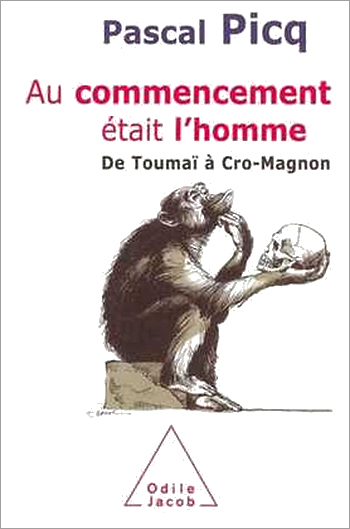
Pascal Picq
And at the Beginning there was Man...
In forty years, the genealogical tree of human evolution has grown so extensively that it now spans six million years. But fossils, the tree of evolution and the story they tell openly challenge all prevailing ideas about evolution; and though they have been shaken, these ideas have barely begun to change. In this book, Pascal Picq examines concrete, existing proof of our origins and then goes on to offer a new view of the human position in the evolutionary process. Pascal Picq is a senior lecturer in paleo-anthropology and prehistory at the Collège de France.
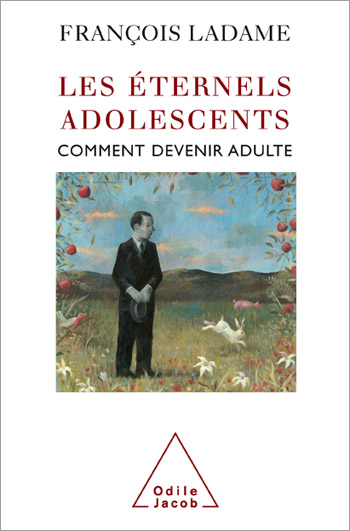
François Ladame
Eternal Adolescents How to Become an Adult
Problems of identity also concern fully developed adults or, more accurately, those apparently developed adults who have failed to leave their childhood behind and have been unable to become autonomous. In an age which prefers to break down rather than uphold limits between genders, generations, even between life and death how can the construction of ones personal identity be enhanced? What can be done to develop a powerful sense of existing in ones own right, independently of inner changes and circumstances? How can children be helped to find their place in the world and to remain themselves in the midst of others? François Ladame is a psychiatrist and psychoanalyst

